After a 19-month absence, Muti returns to open CSO season with stoic, memorable Beethoven
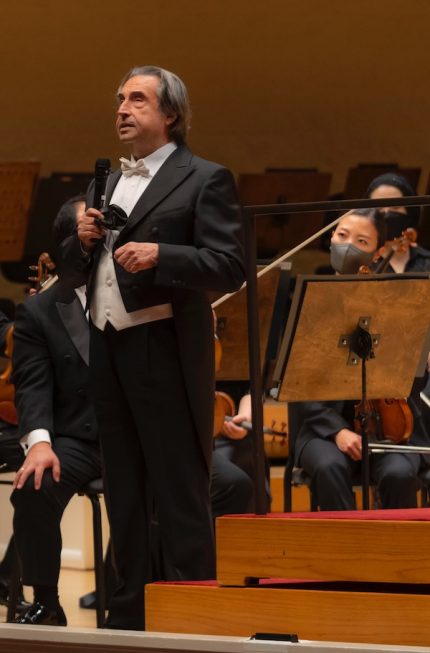
To say there was more than the usual sense of occasion Thursday night for the Chicago Symphony Orchestra’s season-opening concert at Orchestra Hall would be submitting an entry for understatement of the decade.
While the orchestra had returned from the long Covid-19 hiatus with three live weeks of concerts in June at its Michigan Avenue home—as well as at Ravinia this summer—the evening marked the first time Riccardo Muti had led the Chicago Symphony musicians since February 23, 2020.
Beethoven’s “Eroica” symphony was the main work on the 75-minute program, presented with no intermission as per current health strictures.
It was wonderful to see and hear the full ensemble of 80-plus CSO musicians on their home stage again rather than the bite-size chamber orchestras we have had to be contented with. The hall was nearly as full as in pre-Covid times, and at a quick glance one would think nothing had changed—save for the masks worn by all patrons. Woodwind and brass musicians, of course, dispensed with masks due to necessity, yet so did several scattered string players.
Muti, who turned 80 in July, characteristically, went his own way—wearing a mask for entrances and exits but taking it off to conduct. The maestro’s mask morphed into a running gag throughout the evening: he had repeated difficulty getting it back on and accidentally knocked it off his score stand and onto the floor during the first piece, later deftly picking it up with his baton.
The standing ovation that greeted Muti segued gracefully into the national anthem before the Italian conductor got serious with his opening remarks. He mentioned the “disaster in the world” and the carnage that the Covid-19 pandemic has caused—not only in the tragedy of 4.7 million deaths but in the “economic and cultural destruction” left in its wake.
Muti also seemed to reference, more obliquely, the massive explosion of crime and violence in Chicago that has taken place since he last stood on the stage. “We forget that the lack of culture can destroy a society,” he said. As he often does on such occasions, he implored the audience to support the CSO and “stay close to the orchestra,” so that he and the musicians can continue to “give you, the public, enrichment and beauty.”
Given this occasion, even a merely solid performance of Beethoven’s Symphony No. 3 would have been cause for celebration.
But Thursday night’s performance was much more than that. Indeed, this was not only Muti’s most successful Third Symphony in Chicago but one of the finest Beethoven outings of his decade-long tenure—a stoic and moving “Eroica” that will long resound in the memory.
In his Symphony No. 3, Beethoven willfully pushed the structural boundaries and expressive capabilities of the symphony to a place no one had ever attempted before—a 50-minute epic encompassing heroic struggle, dark despair, and bumptious energy.
Muti’s 2019-20 cycle of the Beethoven symphonies to mark the composer’s 250th birthday—how long ago does that seem?—was left unfinished due to the pandemic cancellations. Only four symphonies wound up being performed that interrupted season and of those the Third was the least successful.
Thursday night’s performance was all gain from two years ago. From the sharp bite of the two stark opening chords, Muti led a performance of bristling drama and urgency. There was a restless sweep that propelled the opening movement forward, yet the musical flow felt fresh, natural and never overdriven. One marveled anew at the finish and cohesion of the playing; amid the ebb and flow, one took special pleasure in the horn playing of David Cooper and the principal woodwinds’ contributions as a phrase passed from oboist William Welter to flutist Stefán Ragnar Höskuldsson and clarinetist Stephen Williamson and seamlessly back again.
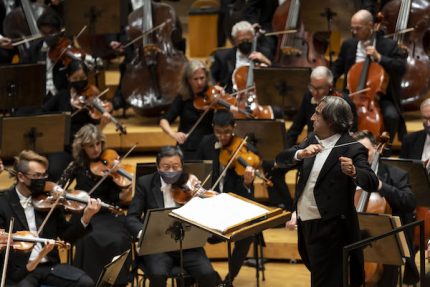
The Marcia funebre was a deep and involving journey that had one leaning forward—worlds away from the detached slow movement of two years ago. There was a dogged toughness in this “Eroica” that felt apt and uniquely moving. The desolation of the dirge theme was relieved by Welter’s bright-toned oboe solos, a hopeful human voice in a bleak wilderness. On this evening the music seemed to somehow encapsulate what all of us have been going through for the past year and a half.
Muti ensured that dynamics were as meticulous as ever, but wholly at the service of the unfolding performance. The Scherzo provided a ray of light out of the darkness—spirited and buoyant with nimble, nicely rustic horns in the trio.
Rarely have the quirky variations of the finale—based on the main theme of Beethoven’s ballet, The Creatures of Prometheus—sounded more suitable or justified. The theme went with a warm and optimistic bonhomie and, as the music hurtled forward, Beethoven’s good-natured, curve-ball iterations really worked as a conclusion to the preceding drama. Directed by Muti, this was a Beethoven performance of great integrity and understanding by an ensemble already playing at its pre-pandemic peak.
The evening began with two works by black composers, each being performed by the CSO for the first time.
Florence Price’s First Symphony was given its world premiere by the CSO in 1933 conducted by Frederick Stock. It’s a testament to Stock, the orchestra’s forward-looking longtime music director, that he would debut a large-scale work by an African-American woman in that period. While Muti’s slated performance of Price’s Third Symphony had to be rescheduled to next year due to Covid cancellations, on Thursday he offered the Andante moderato from her String Quartet.
In a brief introduction, Muti spoke briefly yet with clear sincerity of how impressed he was by Price’s music. While that’s laudable, of course, one couldn’t help but think that if only Muti had lent his advocacy to more neglected American composers over the past 11 years, both the musicians and CSO audiences would have benefited.
That said, this is precisely the kind of stringy lyrical miniature that Muti adores, and he led the CSO strings in a resplendent yet nicely tempered rendering that brought out the honest homespun simplicity of Price’s music.
The program led off with the Overture to the opera L’amant anonyme (The Anonymous Lover) by Joseph Bologne, Chevalier de Saint Georges. Reflecting his imposing name, Saint-Georges led an impressive life (1745-99). The son of a French plantation owner and Sengalese slave, Saint-Georges enjoyed fame as a fencing master, violinist, conductor and composer as well as impresario, later earning the rather facile nickname of “the black Mozart.”
There is a tendency for music of Mozart contemporaries to sound to modern ears like less-inspired imitations of him. But—at least in this overture—Saint-Georges shows a distinctive and individual voice, as he moves from a gracious allegro into a Rococo ballroom minuet and galumphing energetic finale. Muti kept the tripartite curtain-raiser in scale, bringing out its elegant, quirky charm without inflating or over-driving the outer sections.
The program will be repeated 1:30 pm. Friday and 8 p.m. Saturday. cso.org
Posted in Performances

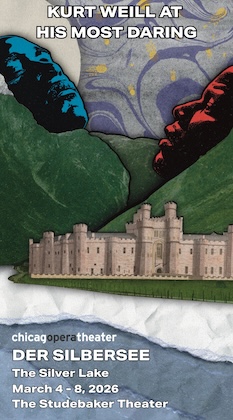
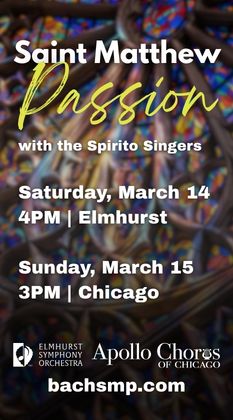

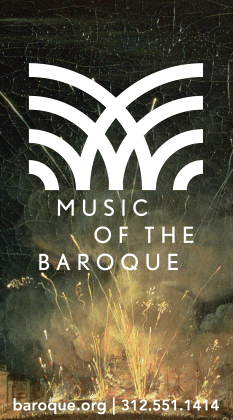
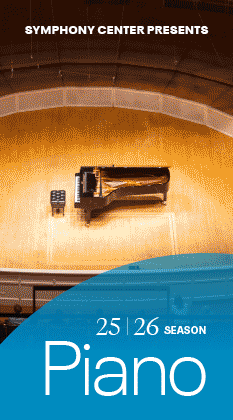

Posted Sep 25, 2021 at 8:27 pm by Larry Lapidus
The CSO was monumental in so many ways. How do I count them? Thursday night was brilliant. Muti is still the greatest standing in front of the ready & waiting orchestra. Chicago is a lucky town.